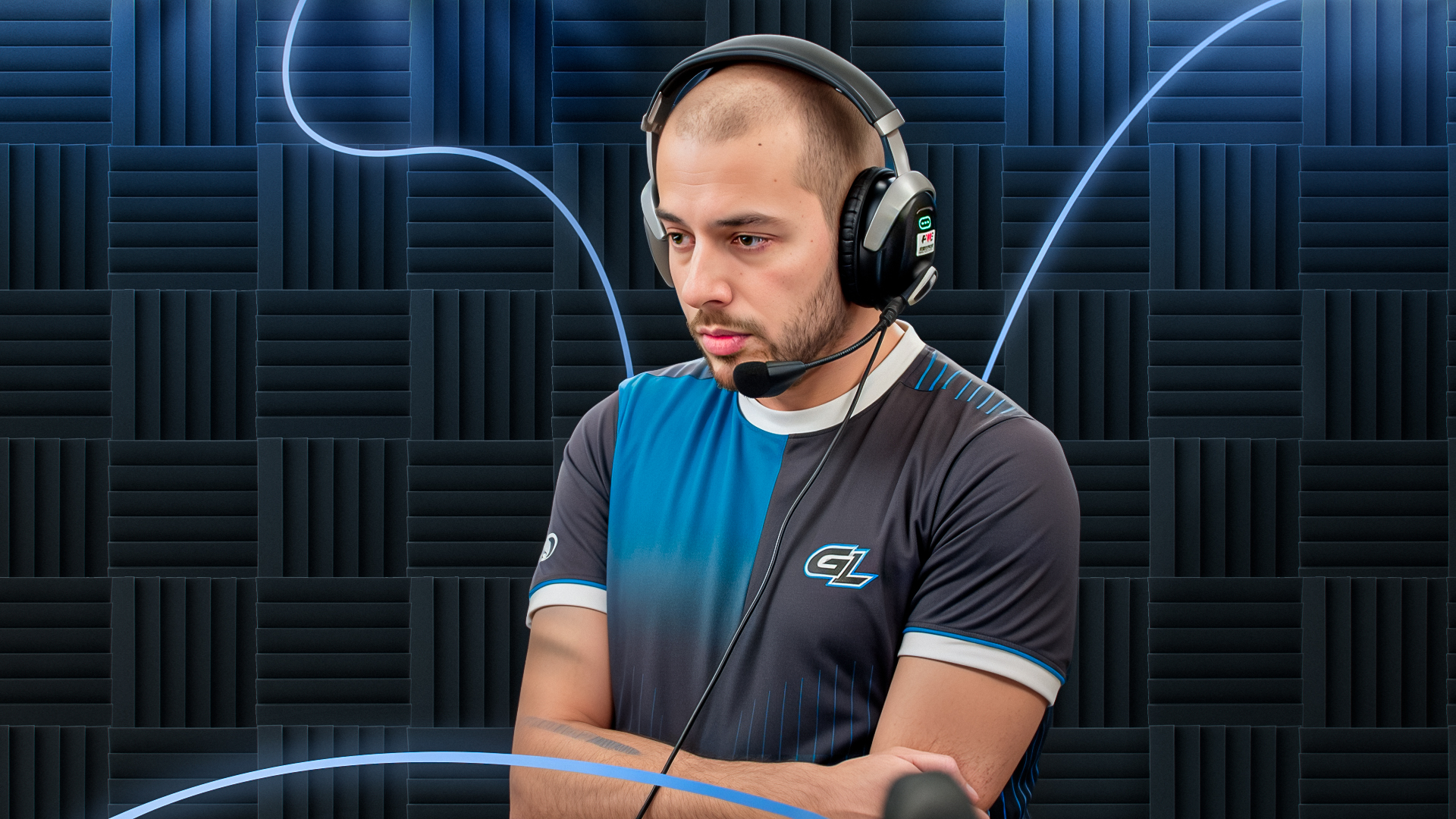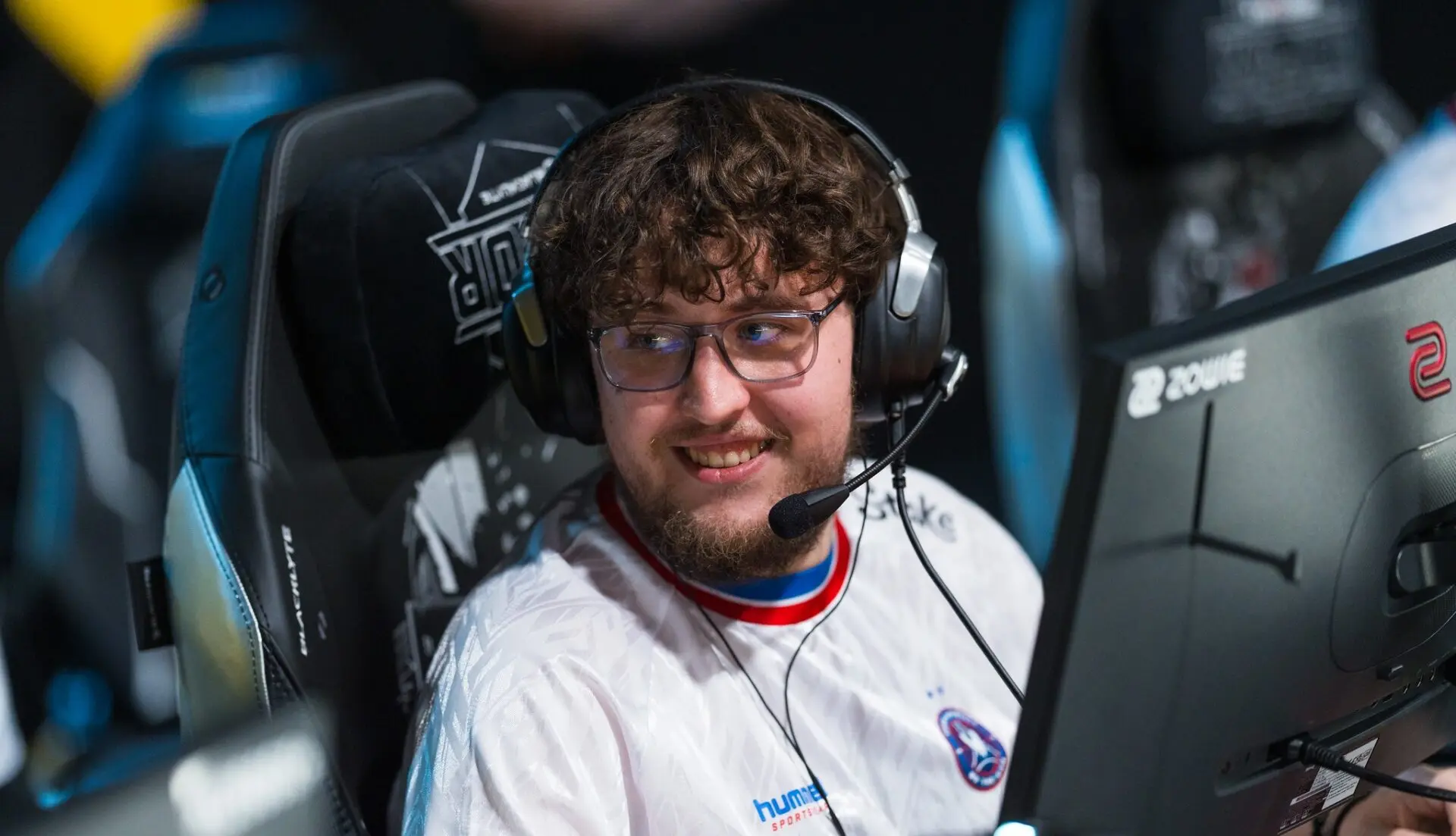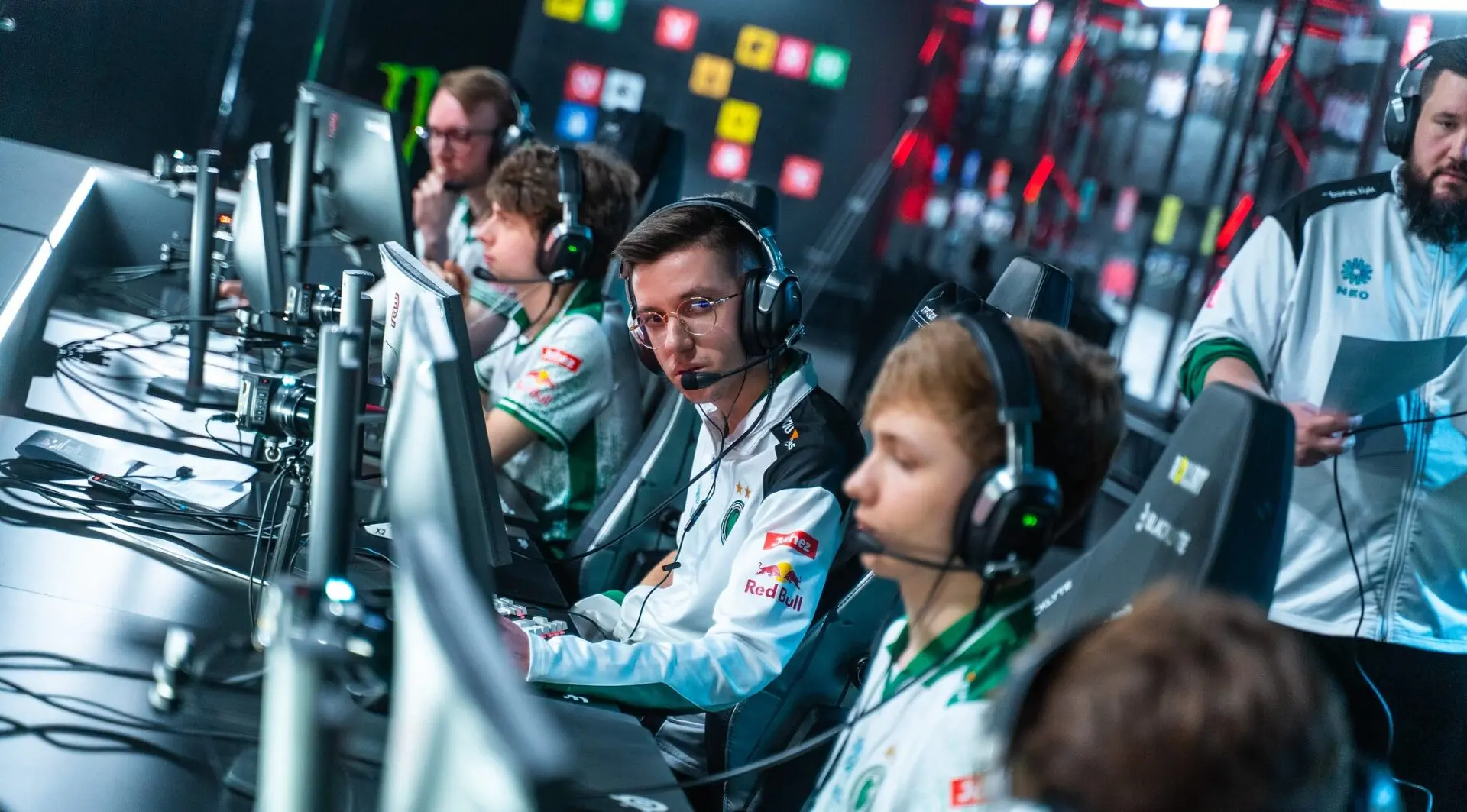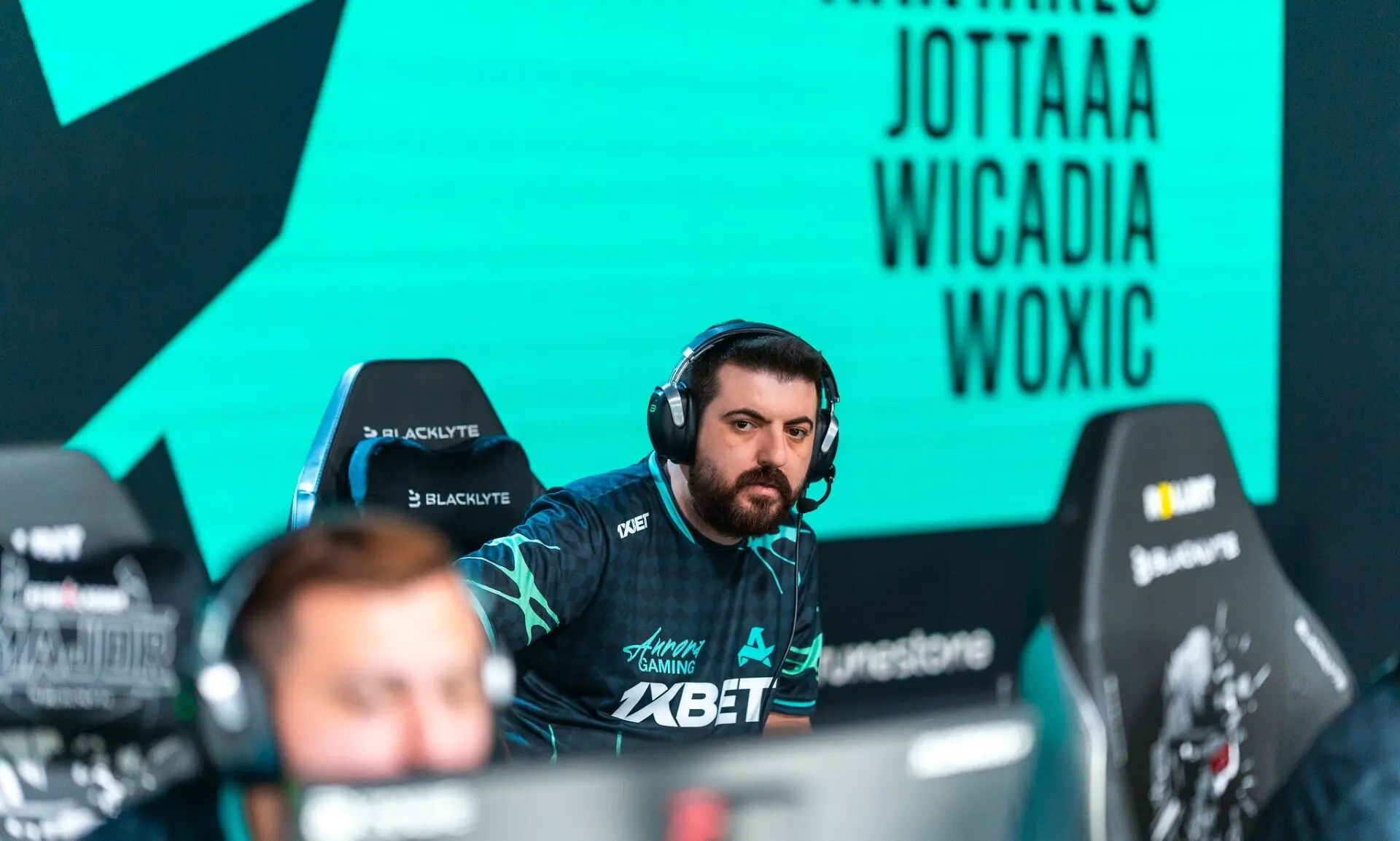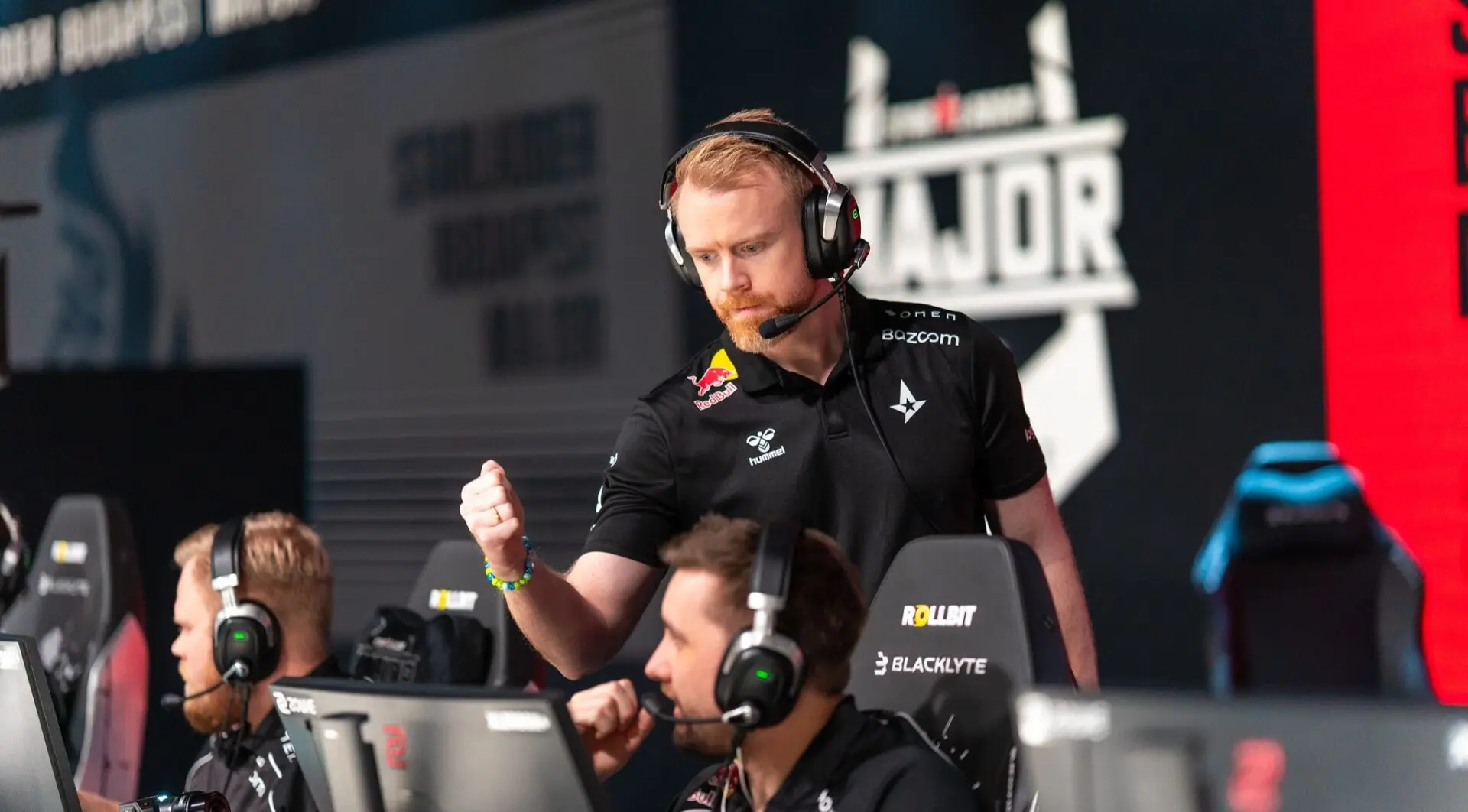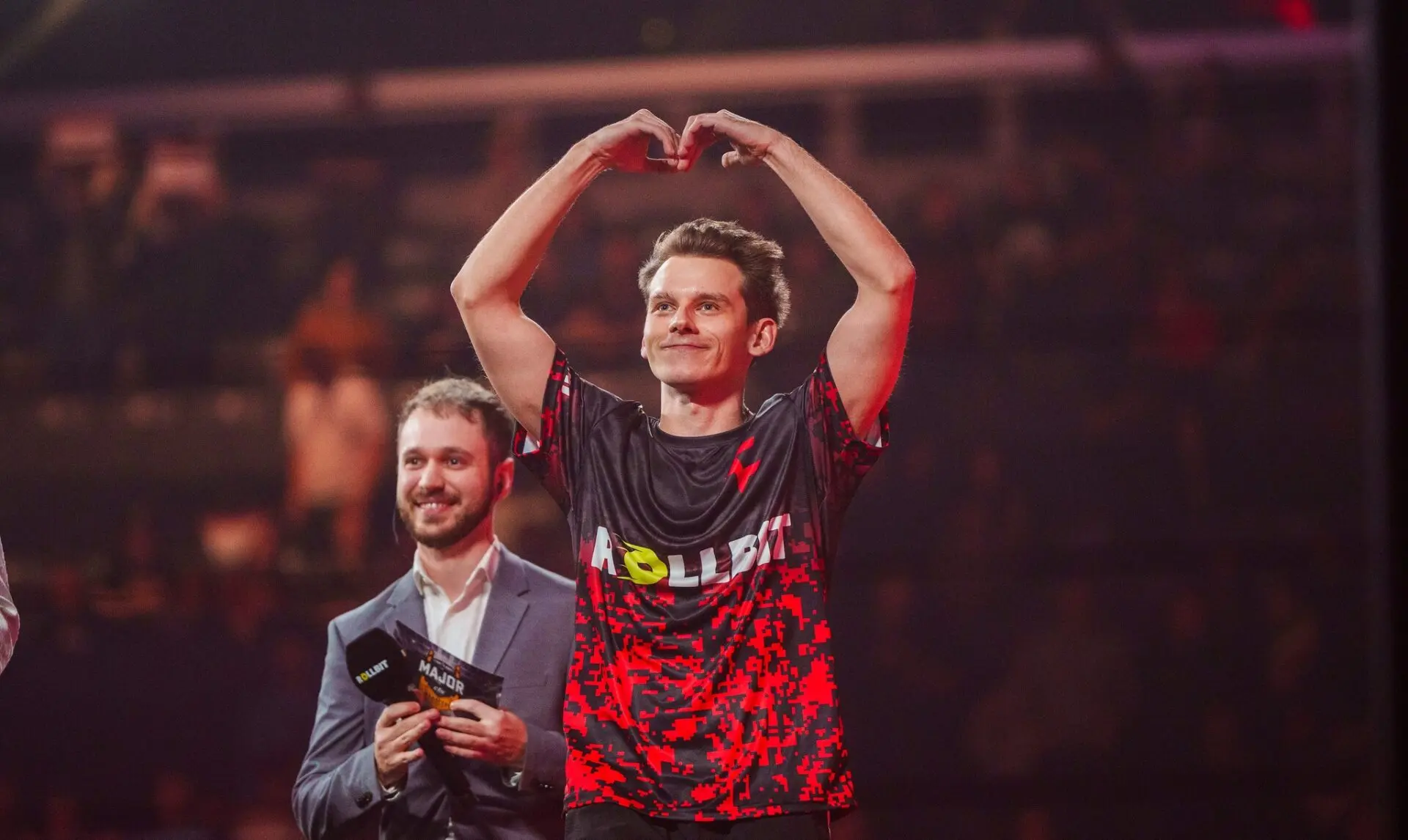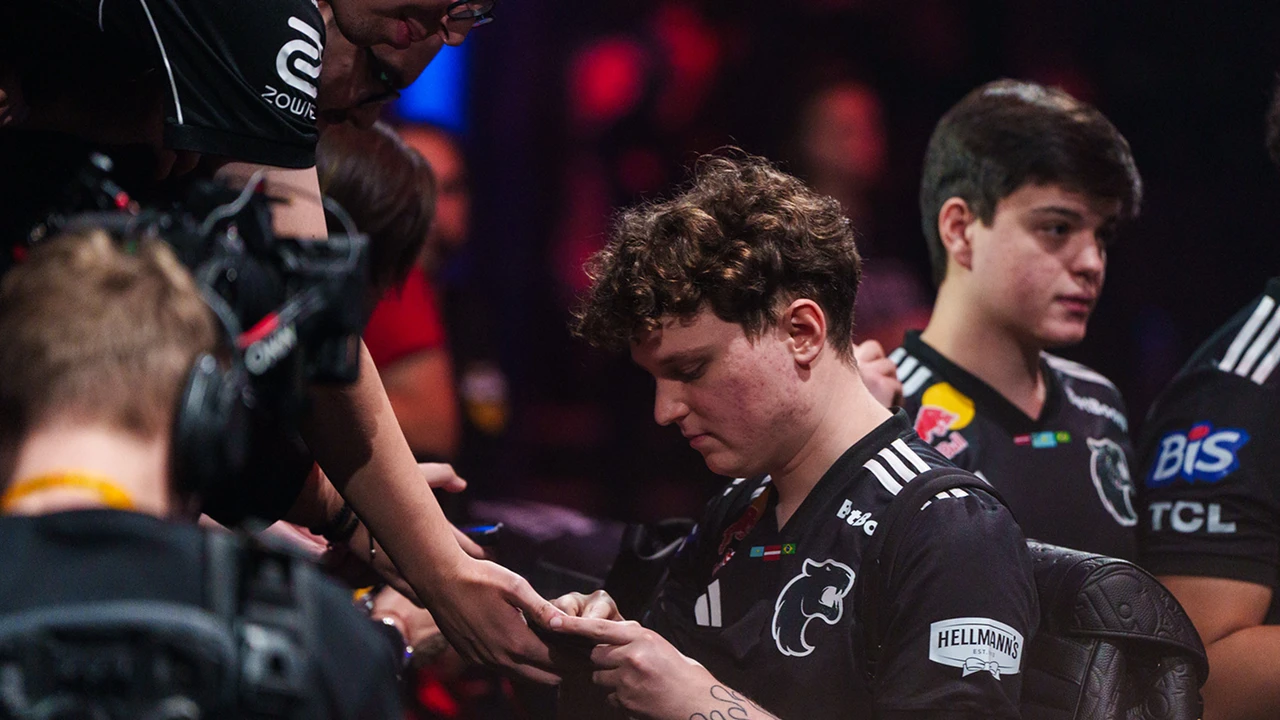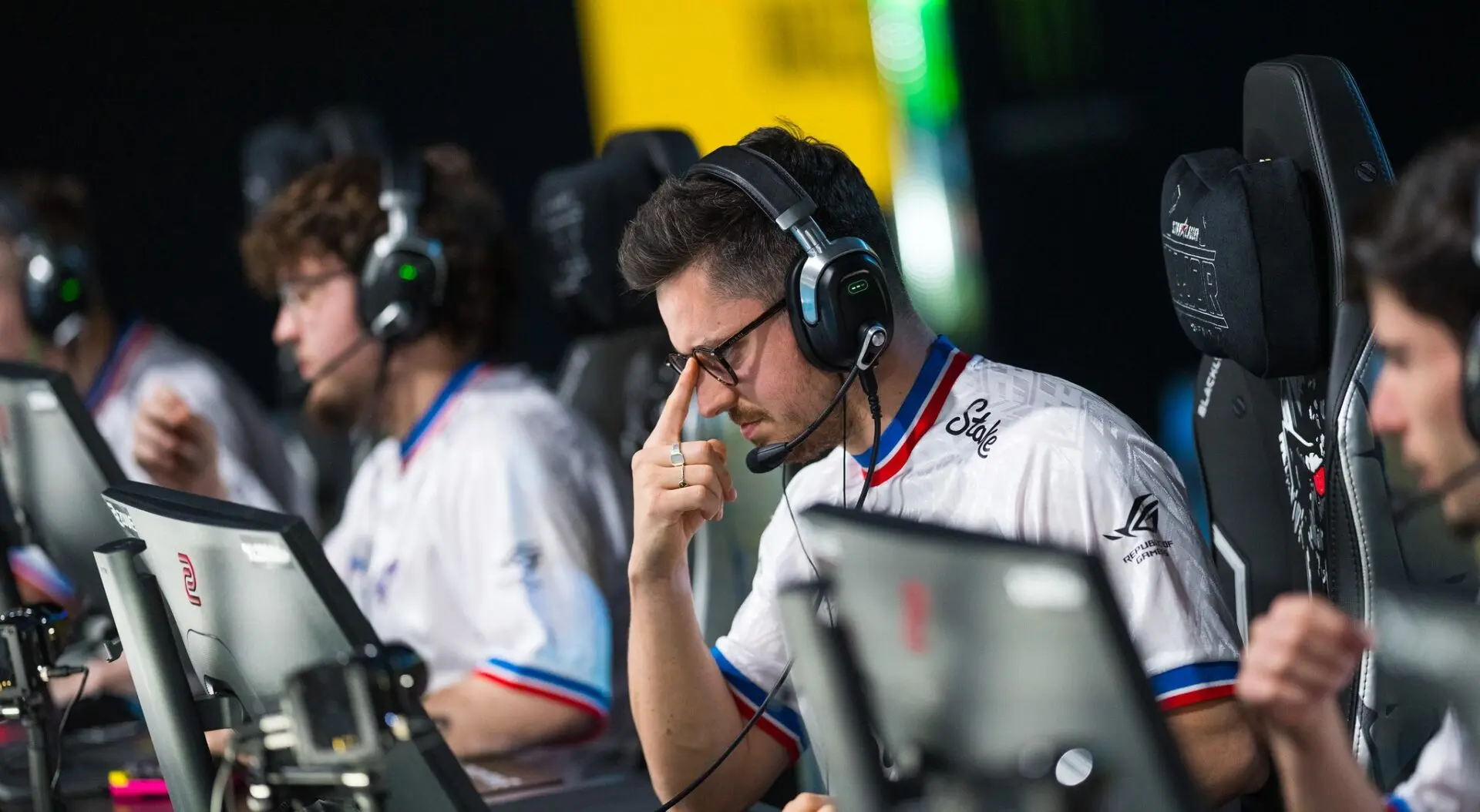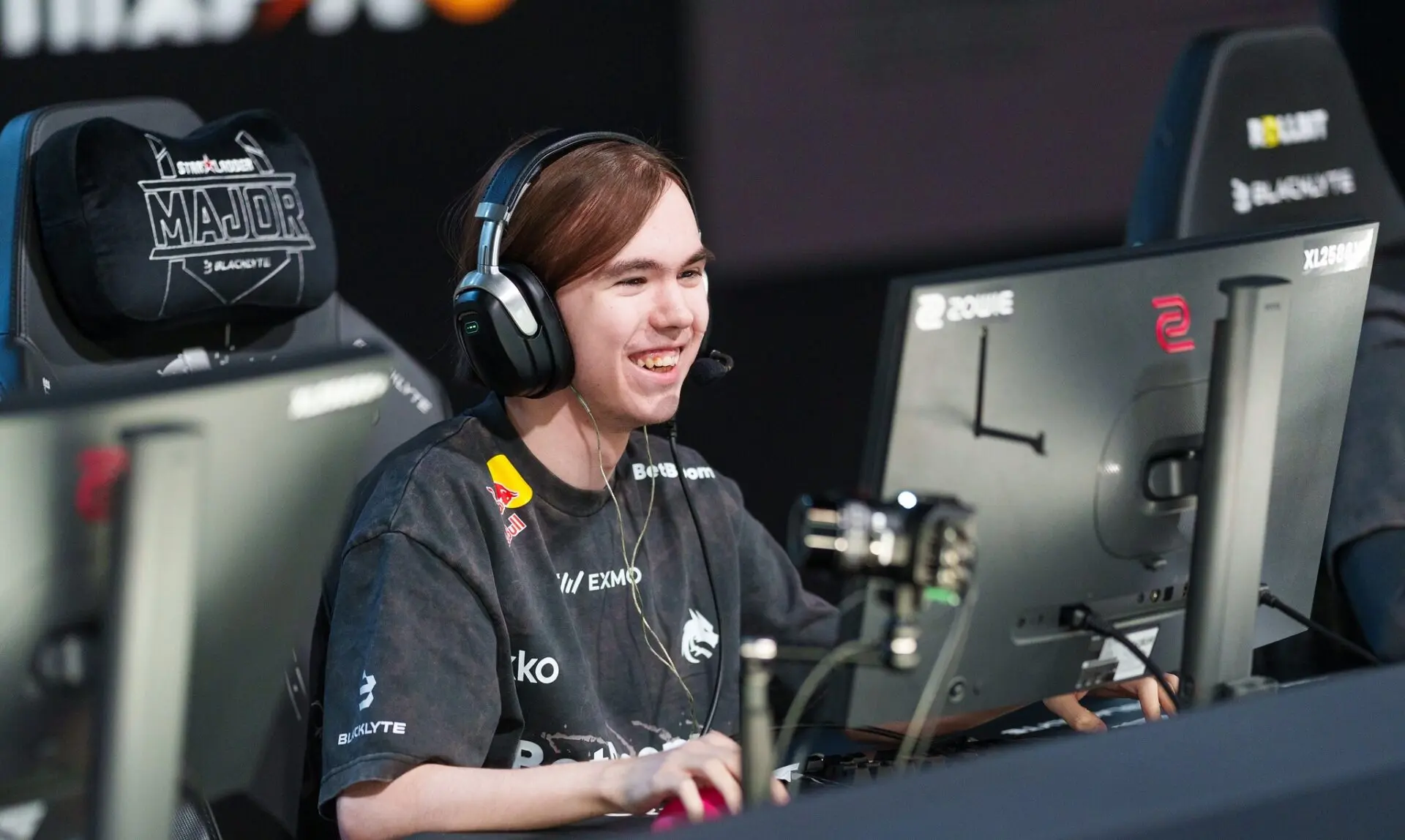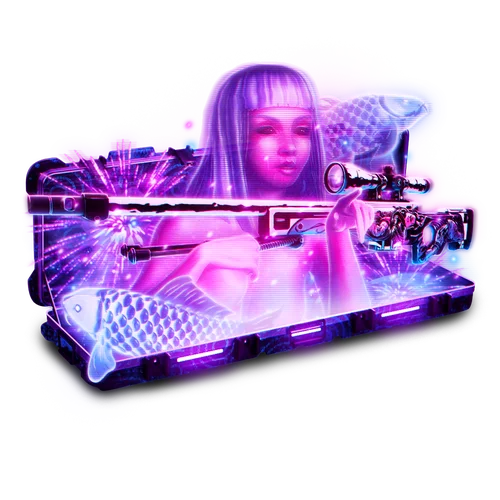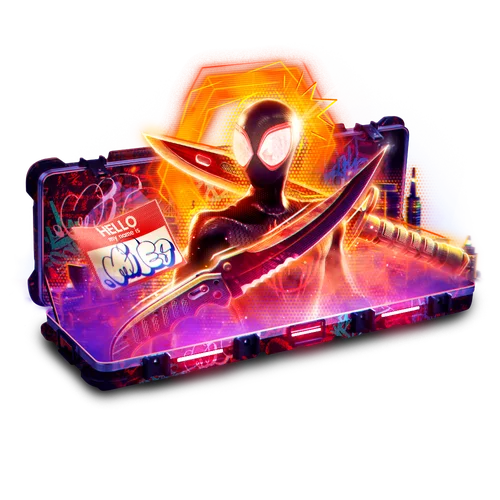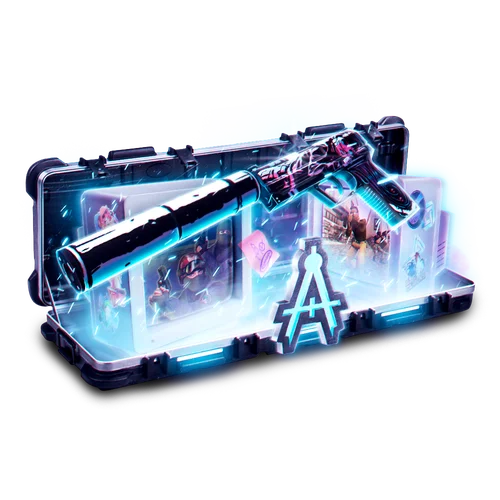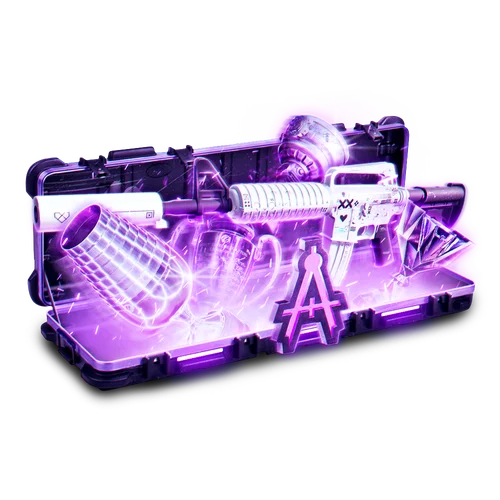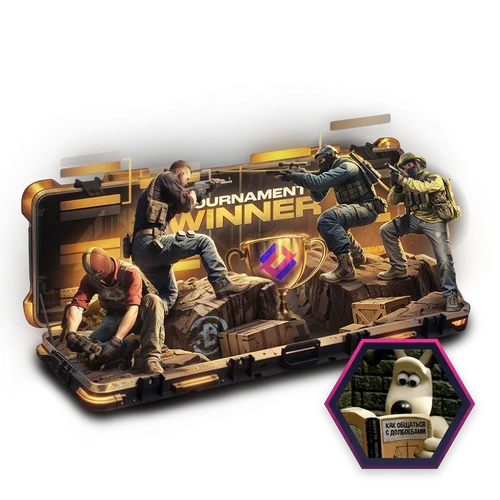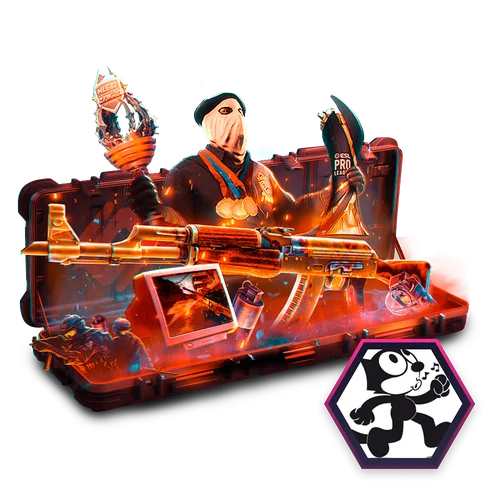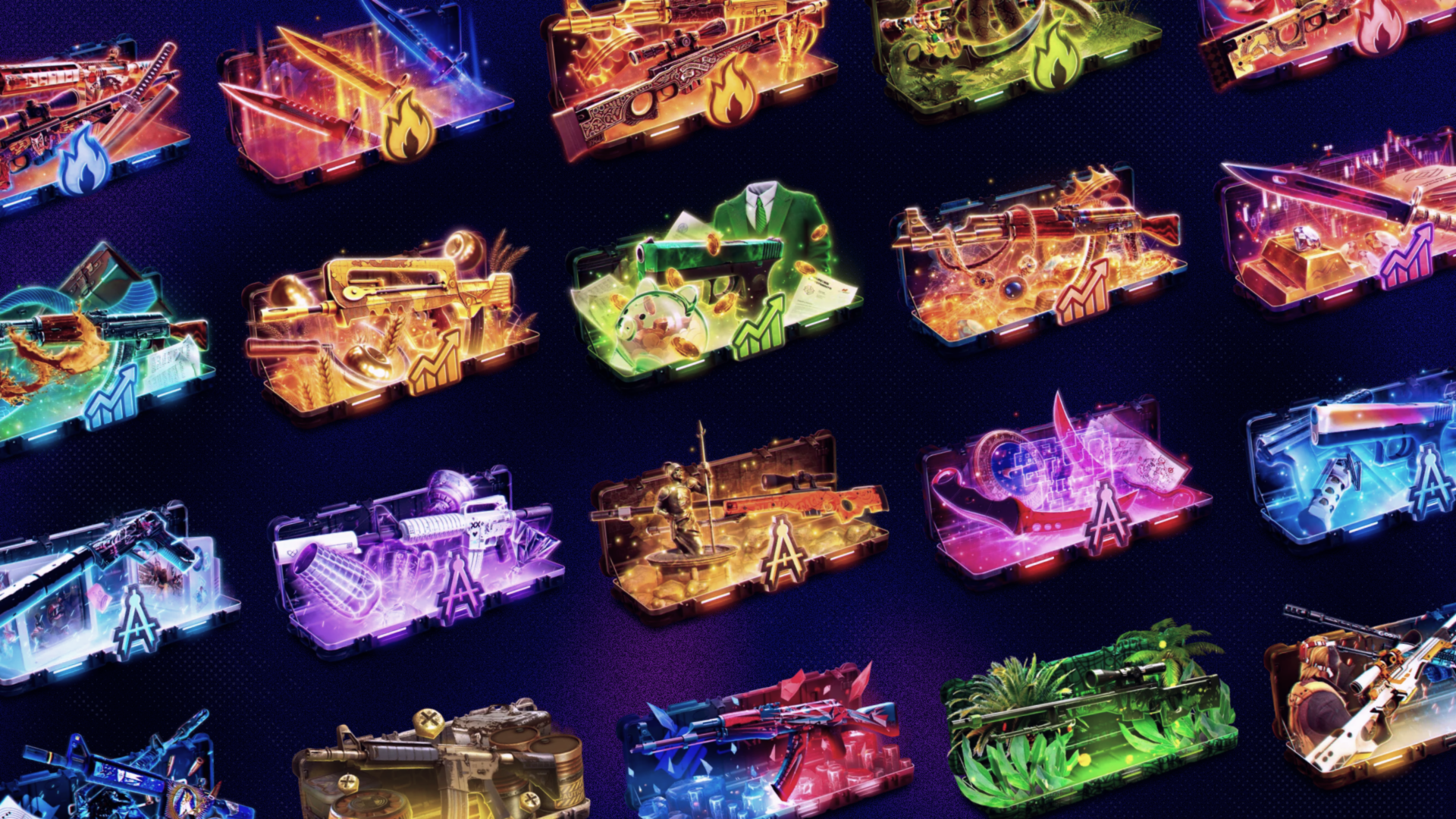Ashley “ash” Battye is the head coach of GamerLegion, under whose guidance the organization has risen from underdogs to a team capable of competing on the big stage. This year brings new challenges for the roster: an updated roster, renewed ambitions, and the determination to prove once again that they can fight among the best. We couldn’t miss the chance to sit down with Ash and talk about his vision for GamerLegion’s future, the team’s journey, and his coaching philosophy.
This is only the first part of the interview. You can read the second part by following the link.
When GamerLegion announced their spring signing, few expected it to create so much buzz. For head coach Ashley “ash” Battye, the hype came as a surprise.
I was surprised by the community’s reaction because I don’t think it reflected how organizations saw it, he admitted.
While fans online imagined a wave of offers from different clubs, reality was more modest.
Maybe there were one or two, but nothing felt like a big improvement for me. I was happy where I was, so I stayed.
Ash has built a reputation as a coach who not only develops strategies but also develops people. His openness in media appearances gave fans a rare look into the work of a coach.
read more
Doing more media gave the community a perspective into coaching, and people want that. It’s not easily available information, he explained.
Combined with past results alongside well-known players, this transparency made him stand out. His path into coaching was unconventional. Originally a player, he quickly realized he preferred analysis to fragging. Breaking down rounds, spotting patterns, and helping teammates improve became his natural role.
I wasn’t the star fragger, but I was the guy who made the team better. Eventually, it turned into full-time coaching, he recalled.
Over the years, Ash became known for turning young, unknown talents into consistent tier-two and even tier-one performers. This ability to nurture raw potential while managing the mental side of the game is what defines his approach today. With GamerLegion, he continues to balance experience and youth, searching for the right mix of structure and freedom that allows his players to shine.
What’s your coaching philosophy?
I believe in structure, but also in freedom. Players need clear roles and systems, but within those, they should have the confidence to make plays. If everything is scripted, you kill creativity.
For me, it’s about balance. I want my players to understand why we do things, not just follow orders. That way, when pressure comes, they can adapt on their own instead of waiting for me to micromanage.
read more
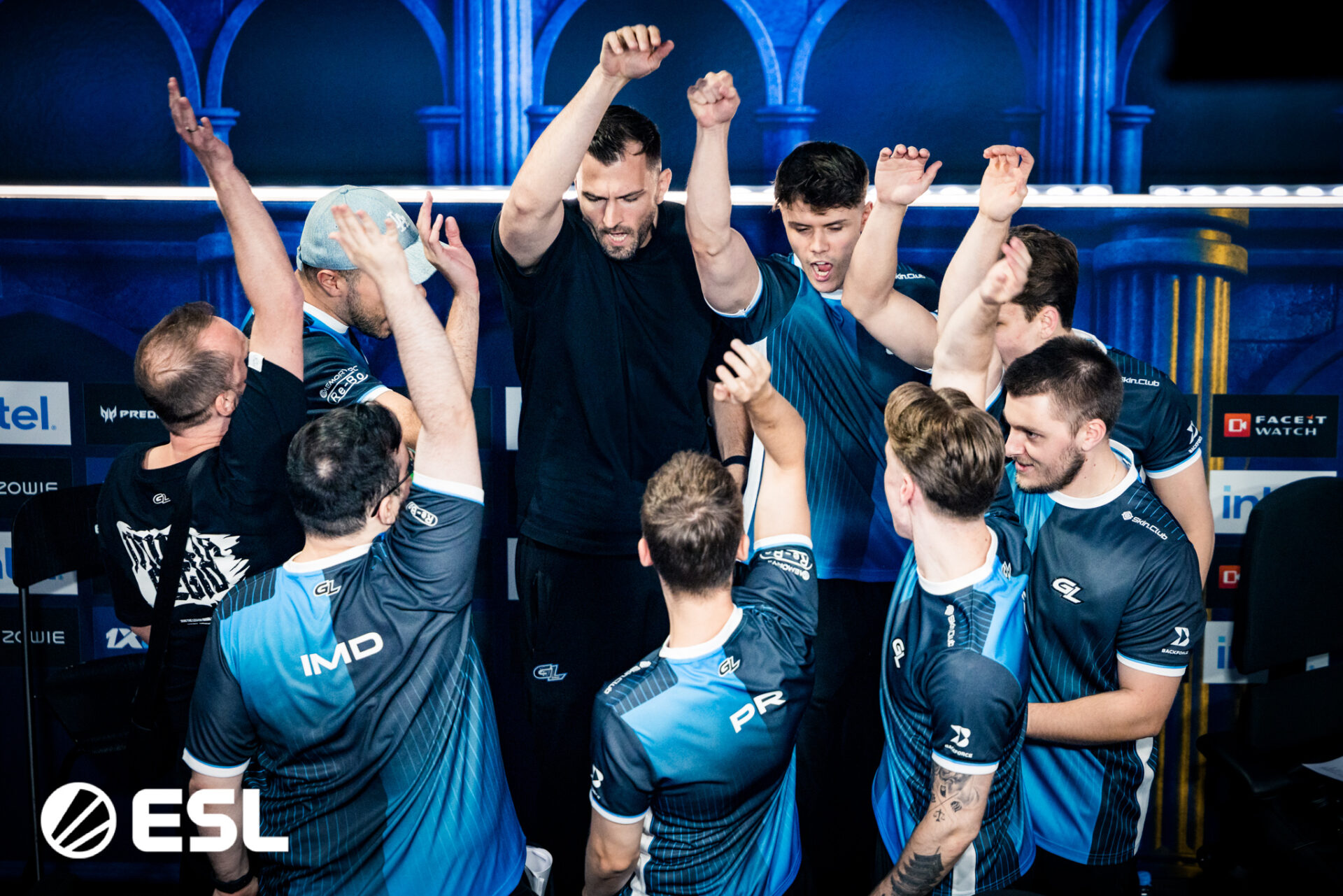
What’s the hardest part of being a coach today?
It’s the mental side. At tier 1, everyone knows the same strats, the same grenades. What separates teams is confidence, discipline, and how they handle stress.
As a coach, you’re not just teaching CS – you’re managing personalities, moods, even conflicts. Sometimes I feel more like a psychologist than a tactician. Keeping five players aligned and motivated for months is the toughest job.
How do you approach analyzing opponents?
I try to look beyond the surface. Everyone can watch demos and copy strats, but I focus on patterns: how teams react under pressure, which players crack in clutch moments, what tendencies appear late in maps.
It’s not just about tactics – it’s about psychology. If I know a team struggles to close leads, we can exploit that. Preparation is half technical, half mental.
Do you take inspiration from other sports or coaches?
Definitely, I watch a lot of football and basketball. Coaches like Pep Guardiola or Phil Jackson inspire me because they build systems around their players instead of forcing players into rigid systems.
I think esports can learn a lot from traditional sports – about team culture, leadership, and handling pressure on big stages.
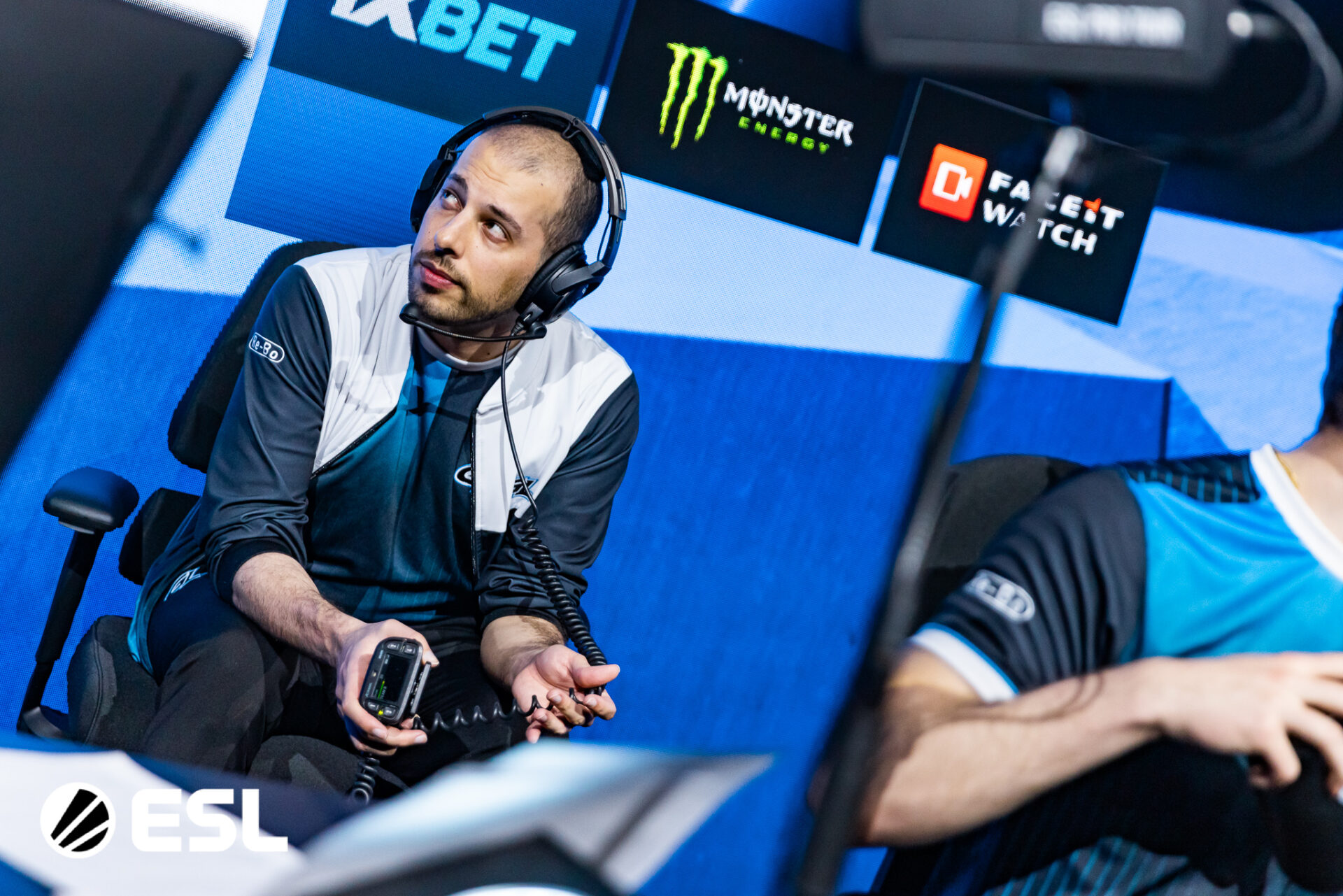
How involved are you in daily practice?
Very involved. I’m not just sitting behind the players – I’m in every scrim, every review, every discussion. My role is to make sure practice has direction.
read more
Sometimes it’s about grinding basics, sometimes about experimenting with new ideas. But I believe practice without purpose is useless. Every session should have a clear goal, whether it’s improving communication, refining executes, or just building confidence.
What are your personal goals as a coach?
Right now, it’s about proving myself at tier 1. I want to show that I can build a team capable of competing with the very best.
Long term, my dream is to win a Major. Every coach and player in CS has that as the ultimate goal. If I can lift that trophy one day, it would mean everything.
Do you see yourself coaching for many more years?
Yes, but it depends on balance. Coaching at this level takes a huge toll – constant travel, pressure, long days. If I don’t find a way to balance work and personal life, it won’t be sustainable.
But as long as I still enjoy it, I’ll keep going. Right now, I wake up every day motivated to improve, so I don’t see myself stopping anytime soon.
What do you do outside of CS to relax?
I watch a lot of sports, especially football. Sometimes I play casual games that aren’t competitive, just to clear my head. Music helps too – when traveling, I always have headphones on.
Spending time with family and friends is also important. When your life is 90% CS, you need that other 10% to stay human. Otherwise, burnout comes fast.
read more
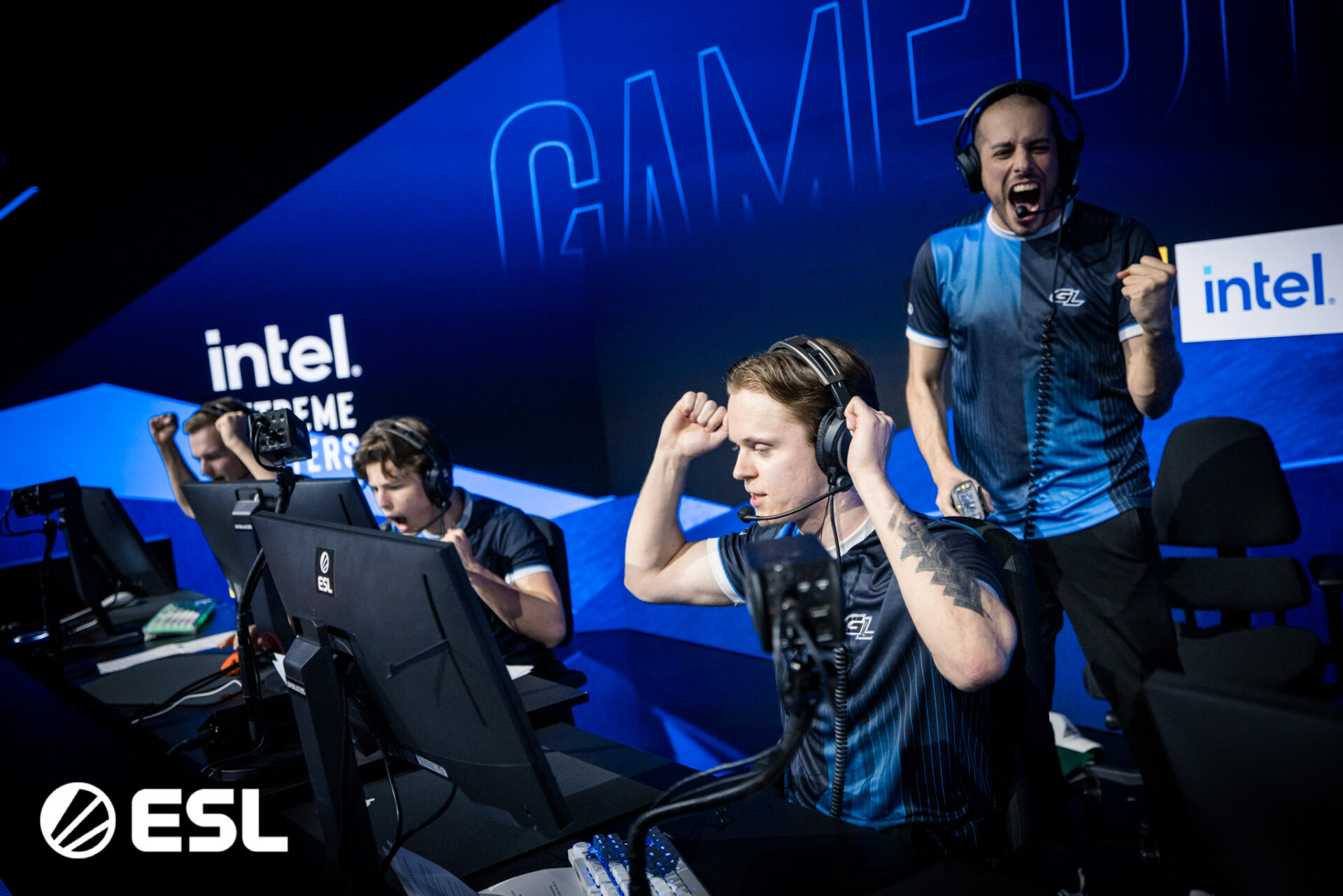
Looking ahead, Ash believes Counter-Strike will continue to grow more professional, while keeping its core intact. Support staff, analysts, and psychologists already play a larger role than ever before, and the difference between victory and defeat shrinks with every tournament. In his view, raw aim alone will no longer be enough.
The future of CS is about who can combine talent with structure, he said, stressing the importance of preparation, discipline, and the mental side of the game.
To young players, he advises not to grind mindlessly but to study their mistakes and build communication skills. For aspiring coaches, his message is simple: start with people, not tactics.
You can know every smoke in CS, but if you can’t unite five players, you won’t succeed.
What keeps him in the game is still the same drive that first pushed him from player to coach: the competition itself. Standing behind his team, hearing the roar of the crowd, and fighting for every round remain the moments he lives for. Losses sting, but Ash admits the hunger to improve and to one day lift a Major trophy is what fuels him every day.
From my perspective, Ash’s contribution to GamerLegion is hard to overstate. He hasn’t reached the heights of B1ad3 or zonic, but his path is no less meaningful. He has consistently proven that he can take untested players and shape them into competitors ready for the highest level. In a scene where many coaches rely on established stars, Ash carved a niche for himself as someone who builds, rather than inherits, success. That ability alone sets him apart – and earns respect, regardless of how many trophies he has to his name.





























